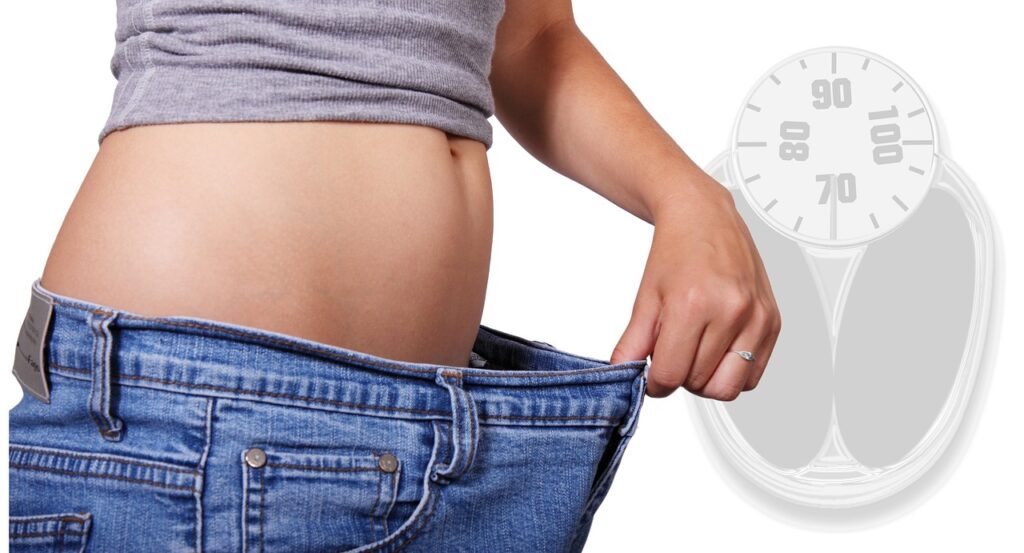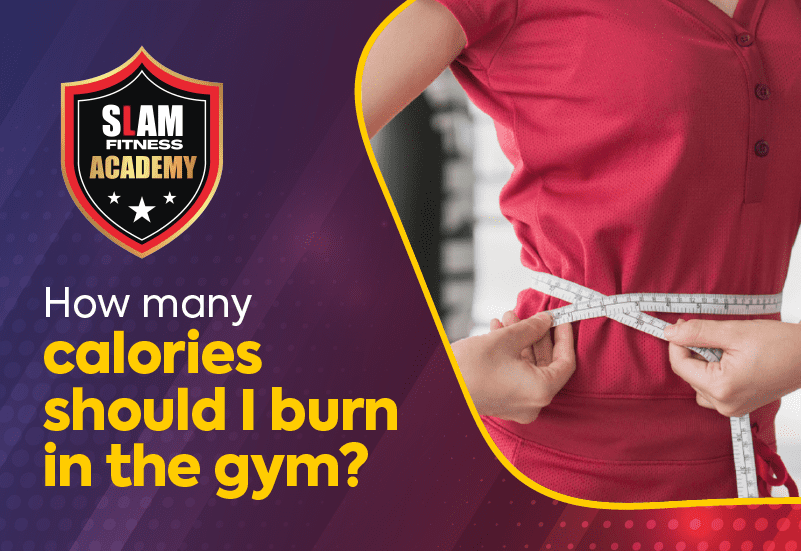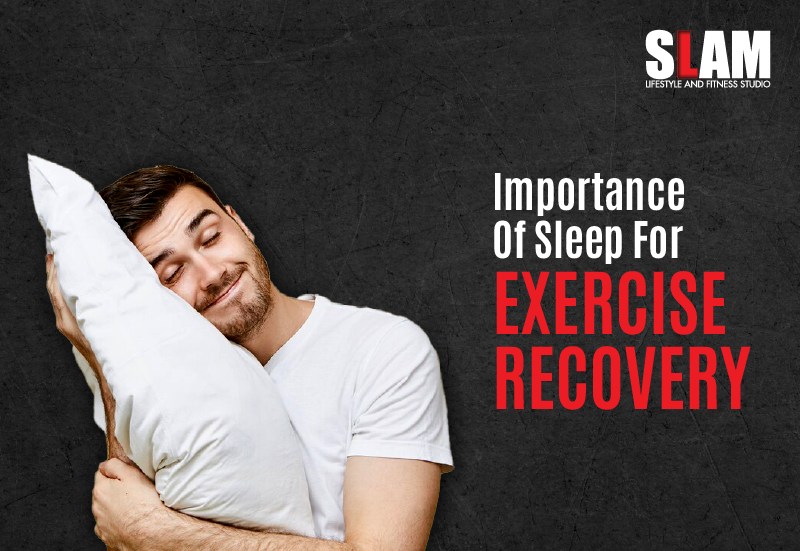Introduction
It’s almost impossible to give a definitive answer to this issue because it depends on a variety of factors, including your age, weight, gender, muscle mass, training routine, number of sets and repetitions, and several other factors we’ve probably forgotten.
However, according to the research, exercising cardio would result in greater calorie burn within the same 30-minute time than lifting weights would. But it’s not quite that easy. Rarely is anything scientific. Muscle growth is aided by strength exercise. At rest, muscle mass increases metabolic rate. Therefore, over time, you will burn more calories at rest the more muscle you have.

How are calories burnt?
Before we get into the details, let’s elaborately look into how calories are burnt. The secret to weight loss is understanding how calories are burned, and fat is removed. Misinterpretations of how this operates and industry falsehoods frequently cause weight reduction efforts to be less successful.
With relation to protein, lipids, carbohydrates, calories, glycogen, and other topics, there is a tonne of sophisticated information. This is due to how complicated what occurs inside the body is. The method by which the body stores and expends energy can only really be defined in the most technical of terms.
We also assume that you are not here to learn about intestinal linings, cell receptors, or lymphatic systems. To better comprehend how we might employ calories for our benefit, we can, nevertheless, simplify it.
Each food item has a calorie value, regardless of how much of it is made up of protein, fat, or carbohydrates. Calories indicate how much energy it gives you.
Your body uses this energy whenever it functions, which is constant. Your body uses the energy you give it in a variety of ways. One of these is exercise.
The glycogen reserves in your muscles are the most easily accessible energy source while you work out. Compared to fat, carbohydrates (stored in your muscles as glycogen) are considerably simpler to convert. As a result, when you exercise vigorously, your body will use its glycogen stores as a source of energy more frequently than it does its fat reserves.
It can be beneficial to view your calorie requirements through the context of a day even though your body does not function as a clock that resets at midnight. Forget about your fat and glycogen reserves. You will lose weight if you consume more calories than you burn. You will need to continue doing this for a long time in order to drop a sizeable or visible quantity.
When you are in a chronic calorie deficit, your body will start to use your fat reserves to provide you with the energy that would otherwise be readily available. In 0.5 kg of fat, there are around 3,500 calories.
How Long Should You Work Out to Lose Weight?
Experts estimate that a woman who weighs between 68 and 73 kg will burn about 500 calories per hour when exercising at 80 to 90 per cent of her maximal heart rate. Calorie burn varies on a variety of variables. She advises a cardio session of 30 to 40 minutes as a result.
Strength training will reduce your calorie expenditure, but gaining lean muscle will increase your body’s calorie expenditure even while at rest, helping make the difference. Therefore, as recommended by specialists, you should aim for 30 to 40 minutes during a strength training programme.

How many calories does Cardio burn?
Cardiovascular exercise burns more calories than other types of exercise in the short term.
The following exercises would burn the corresponding number of calories every 30 minutes for a person weighing 73 kg:
Running (moderate pace – 6mph): 358 calories
Cycling (moderate pace – 12 mph): 292 calories
Swimming (front crawl): 212 calories
Rowing (5 mph): 212 calories
There is some misunderstanding when it comes to the “fat-burning zone,” which you will hear about. When compared to other heart rates, it defines a heart rate where the ratio of glucose to fat conversion is more heavily weighted toward fat. But doing so does not imply that you will burn more calories. It’s one of those annoying fitness misconceptions that you should avoid believing in. It’s unnecessary for your workout or a more efficient technique to slim down.
How many calories does strength training burn?

It’s almost impossible to give a definitive answer to this issue because it depends on a variety of factors, including your age, weight, gender, muscle mass, training routine, number of sets and repetitions, and several other factors we’ve probably forgotten.
However, according to the research, exercising cardio would result in greater calorie burn within the same 30-minute time than lifting weights would. But it’s not quite that easy. Rarely is anything scientific. Muscle growth is aided by strength exercise. At rest, muscle mass increases metabolic rate. Therefore, over time, you will burn more calories at rest the more muscle you have.
How Many Calories Do You Burn in a Typical Workout?
- 60 minutes HIIT: 800 calories
- 60 minutes of running: 600 calories (10:00/mile pace)
- 60 minutes of boxing: 560 calories
- 60 minutes of weight training: 450 calories
- 30 minutes HIIT: 400 calories
- 30 minutes of running: 300 calories (10:00/mile pace)
- 60 minutes Pilates: 300 calories
- 30 minutes boxing: 280 calories
- 60 minutes of yoga: 240 calories
- 30 minutes of weight training: 220 calories
- 30 minutes Pilates: 150 calories
- 30 minutes yoga: 120 calories
Quick Glimpse
Let’s start with the easiest benchmark: you don’t need to worry as much about your calorie burn if you’re just aiming to maintain your weight. The WHO’s recommended advice for heart health is to exercise for 150 minutes weekly or 30 minutes five days a week.
You’ll need to track your calories more carefully if weight loss is your goal. You require a caloric deficit of 3,500 calories per week in order to shed one kg of body fat.
Exercising five days a week with a target of burning 250 calories each time. Plan to cut 250 calories from your diet on workout days and 500 calories from your diet on rest days to achieve the 3,500 calories you must cut each day.
Conclusion
By this article you would have understood the basics of calories and they get burnt during workouts. You can seek help from professional trainers who provide guidance for your fitness journey. SLAM is a renowned group of fitness studios in Chennai, providing a great experience for every client with the utmost care for your fitness journey. To know more on the same, click here.
FAQs
- How much should I walk if I want to lose weight?
People who want to lose weight by walking should continuously do at least 10,000 steps every day.
- Is walking sufficient for weight loss?
Walking is a good example of a physical activity that is beneficial for weight management because it helps you burn calories. You may burn an extra 150 calories daily if you add 30 minutes of vigorous walking to your daily schedule.
- How many calories should we burn in a day in gym?
As a general rule, you should try to work out five days a week to burn between 400 and 500 calories.
- Does gym burn a lot of calories?
Generally speaking, depending on a person’s body weight, lifting weights for 30 minutes can burn between 90 and 126 calories.vigorous Weight lifting for 30 minutes can burn anywhere from 180 to 252 calories.



